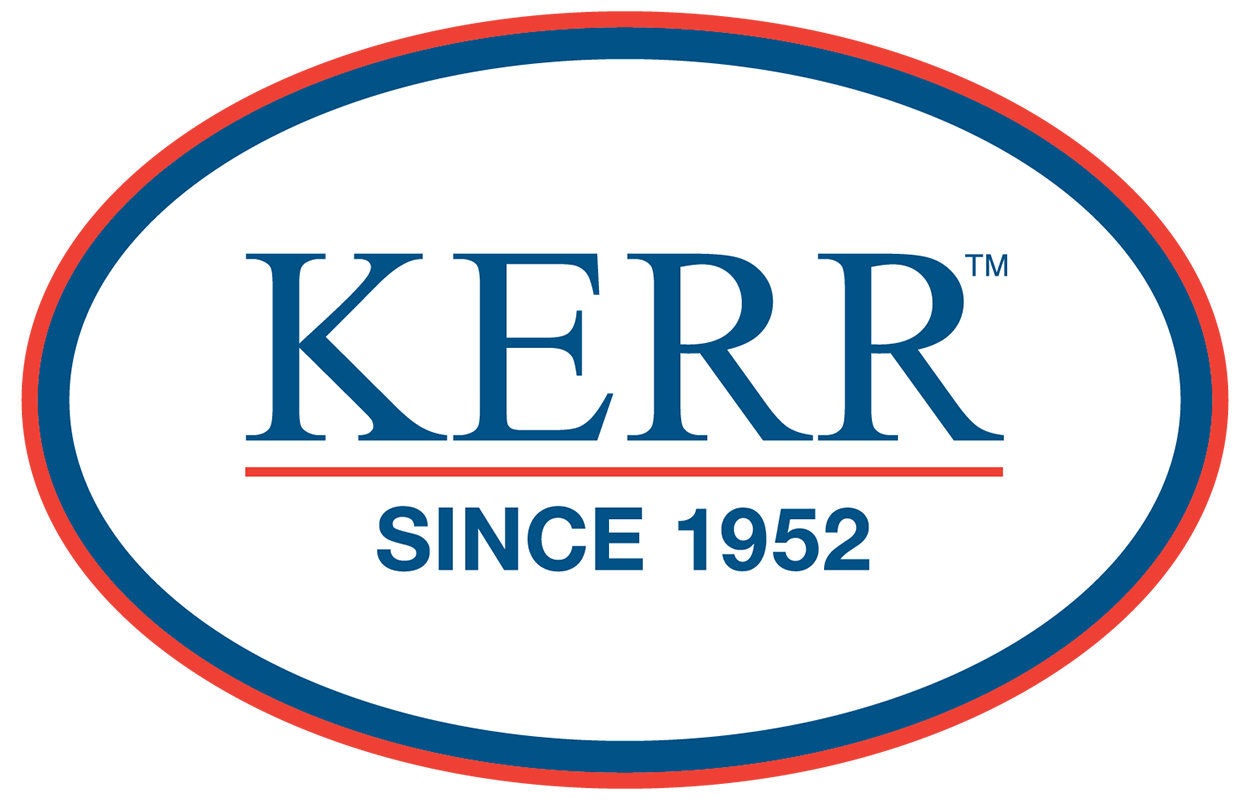Unsung Heroes - Natural Gas Operator Reducing Emissions
David Kerr, President and CEO, Kerr Engineered Sales
KERR Engineered Sales has supported this gas utility compressor station since the 1950’s.
Regardless of the way that natural gas is positioned in today’s news, the clean burning energy source remains a critical staple that meets a large share of electricity demand. Natural gas is absolutely fundamental for manufacturing in combined heat and power systems, as a raw material to produce chemicals, fertilizer, pharmaceuticals, plastics and more. It is clean, affordable and a vital source for heating and power generation throughout the US.
Instead of portrayed as a hindrance to climate change, forward thinking gas companies are fulfilling the role of enablers in the transition to renewables.
Behind the scenes, not in the headlines, pipeline performance commitments are fulfilled every day-by-day by utilities to ensure optimal performance, sustainability, and most of all safety.
“Natural gas is the "great enabler" for the energy transition because it is a reliable source of power that can backstop renewables. Gas is "low-cost, abundant, it's important in reducing the utilization of coal, and equally important in fostering renewables. You've got to be able to create baseload capability, and it addresses the enormous intermittency challenges."
- Al Monaco, CEO Enbridge Inc.
Yes, energy utilities and distributors are tackling the environmental and sustainability challenges at different paces. Some are already in transition and others are deep in planning and strategy. In the Northeast, we see a strong and steady commitment to reducing carbon emission in maintaining and enhancing pipeline safety and performance.
At a compressor station in rural Ohio, KERR Engineered Sales has supported a utility company for decades in improving performance and reducing emissions with upgraded equipment and process.
Compressor stations are a critical part of natural gas pipeline systems. Over 1,700 of these facilities aid the transportation process of natural gas from one location to another across the US. As gas flows through a pipe, friction and turbulence naturally slow it down. While natural gas is transported through a pipeline, it needs to be periodically pressurized at intervals. By compressing the gas, these facilities “boost” pressure in the pipeline and help move the gas long distances, or move it into underground storage facilities.
While adding more compressors to the station, the company upgraded the technology to stop using an inefficient water bath boiler unit that had high emissions. A BRUEST HOTCAT was installed to supply warm natural gas for the engines. The heater has zero emissions which allows the company to upgrade the performance while reducing emissions.
Bruest HOTCAT heaters upgrade performance with zero emissions.
The TDW STOPPLE ® procedure was used a few years prior to replace a leaking valve. The STOPPLE® allowed the company to isolate a small section of line to replace the valve. When leaky valves are replaced, emissions and gas leaks are prevented. By using bypasses along with a STOPPLE® application, customers have uninterrupted gas supply while the maintenance operation is being carried out.The TDW STOPPLE ® procedure eliminates the need to “blow down” a pipeline to carry out repairs.
Pipeline pressure has to be relieved in a natural gas pipeline for maintenance, testing and inspections. The company purchased an emissions reduction innovation developed by TPE Midstream. ZEVAC, (Zero Emissions Vacuum and Compressor. Instead of using a traditional “blowdown” method which releases gas from a pipeline to the atmosphere, ZEVAC uses compressed air to draw the pressure down on a section of the pipe and capture the natural gas so it can be re-compressed into an adjacent pipeline.
ZEVAC uses compressed air to draw the pressure down on a section of the pipe and capture natural gas to be re-compressed into an adjacent pipeline.
At the same compressor station, TDW pigs were used to clean a section of the pipeline. This included upgrading to a safer and more efficient closure, the TDW D2000, which was retrofitted onto the pig trap by cutting off the old threaded closures. KERR assisted with pig runs and In line Inspections (ILI.) ILI ensures that a pipeline is performing, identifies anomalies and measures the integrity of the pipeline.
These projects represent day-to-day pipeline performance commitments that utilities do every day to ensure optimal performance, sustainability, and most of all safety.
The TDW D2000 Quick-Actuating Closure is the most trusted in the industry
Gas utilities, like one in the northeast we’ve supported since the 1950’s, are delivering on initiatives to reduce emissions, while ensuring that consumers have a steady supply of clean natural gas. Gas flows in and out of pipelines that are monitored and maintained every hour of every day by unsung heroes who follow rigorous maintenance, safety and emissions compliance.
Kerr Engineered Sales Company has represented leading pipeline repair and performance companies in Eastern US since it was founded by Art Kerr, Sr in 1952. David Kerr is the President and CEO. He is a past Chairman of the Eastern Gas Compression Roundtable and holds memberships with Ohio Gas Association, The Energy Association of Pennsylvania, and the Guild of Ancient Supplers.





